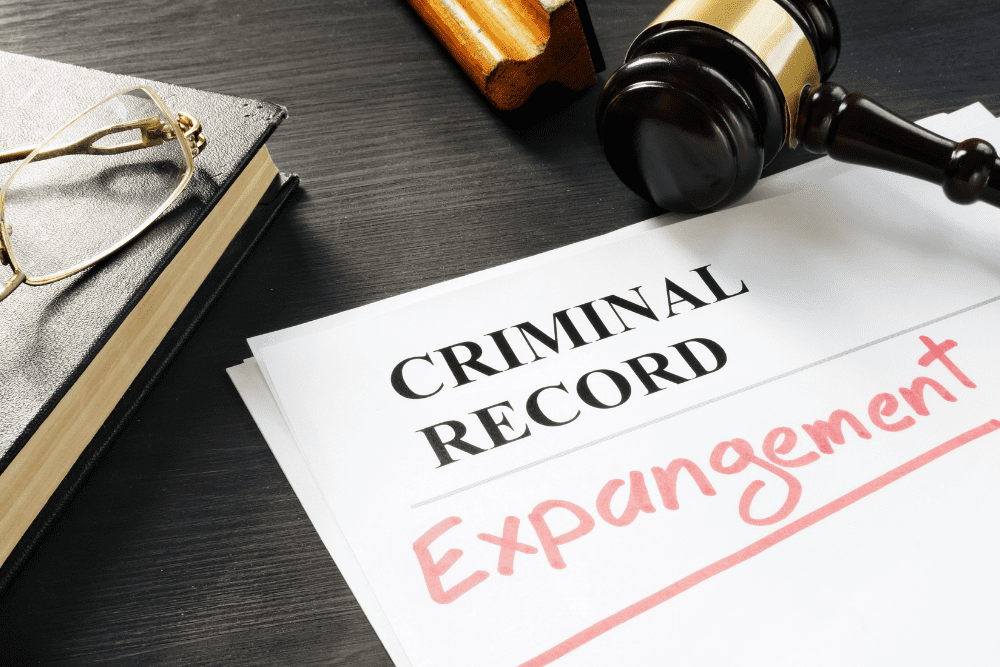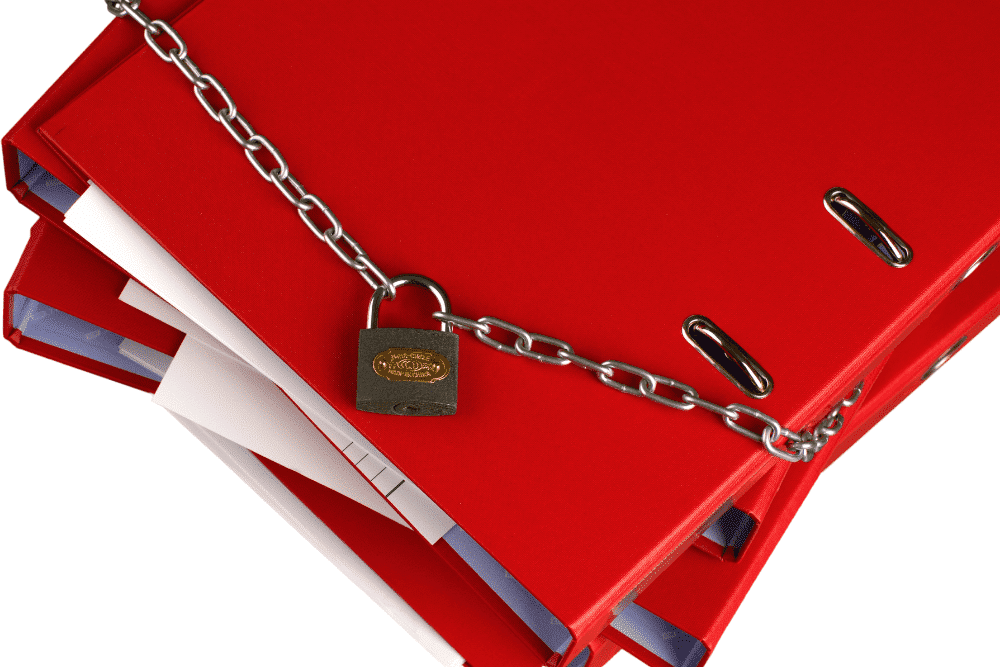Criminal records can cause many problems for people throughout their lives, long after sentences served. It can affect your ability to find a job or even a place to live.
Luckily, the government has provided a remedy for undue suffering from criminal charges: expungement. However, it’s a complex process in Minnesota, with much to grasp about its rules and requirements.
Here’s what you need to know about expungement if you’re eligible, and how it works.
What Is an Expungement?
There are two types of expungement in Minnesota:
- Statutory expungement – seals nearly all records related to the criminal charges
- Inherent authority expungement – usually only seals court records, not records kept by police or prosecution
Expungement does not destroy the existence of a criminal record. The records are simply sealed. That means law enforcement can still see your record, as can prosecutors and correctional authorities.
Keep in mind that only records held by state courts can be expunged. If you have a federal criminal record, a Minnesota expungement will not seal that federal record.
Expungements in Minnesota
Statutory expungements in Minnesota are allowed under the following circumstances:
- Successful completion of a diversion program for a first-time drug offense
- Situations in which juveniles are prosecuted as adults
- Any case resolved in your favor
- Cases where you received a stay of adjudication
- Misdemeanors, including petty and gross misdemeanors, after a certain waiting period – as long as no new convictions take place during that time
- Certain felonies, given the same conditions above
Inherent authority expungements are most often granted for non-enumerated felonies, with some exceptions.
Are There Crimes That Can’t Be Expunged?
Some offenses can never be expunged from your criminal record. For instance, felonies that require the defendant to register as a sex offender aren’t eligible. They comprise one of the exceptions mentioned above.
How Long Do You Have to Wait?
If you are seeking statutory expungement, you must wait a specified period before applying. The waiting period commences after you’ve completed your sentence, plus any probation time. Also, any new convictions during the waiting period mar your eligibility for expungement.
The length of the waiting period depends on the severity of the crime.
For example, if you faced trial and were acquitted, or if the case was dismissed, you can immediately petition for expungement. If you were convicted of a felony that eventually qualifies for expungement, you must wait five years – whereas, for misdemeanors, it’s two.
How to Have Your Record Expunged in MN
In Minnesota, the expungement process can take several months – usually between eight and 12.
An attorney can file expungement paperwork to speed the process. You can do this yourself, but it must be done in a correct and exact fashion – or expungement may take longer.
First, you’ll gather your criminal record to determine eligibility. Then, you fill out the petition form and schedule a court date for the hearing.
Next, agencies involved in your case have to be served. This makes them officially aware that you’re seeking expungement. They must sign your petition and send it in the mail. After that, you’ll file with the court and pay any fees.
Finally, you attend the court date… And await the decision.
About the Author:
Christopher Keyser is an AV-Preeminent rated criminal and DWI defense attorney based in Minneapolis who is known for fighting aggressively for his clients and utilizing innovative tactics to get the most positive results. He has been featured in numerous media outlets due to the breadth and depth of his knowledge and named a Certified Specialist in Criminal Law by the Minnesota Bar Association. Mr. Keyser is Lead Counsel rated, and he has received recognition for his criminal law work from Avvo, Expertise, Super Lawyers, The National Trial Lawyers, and more.







